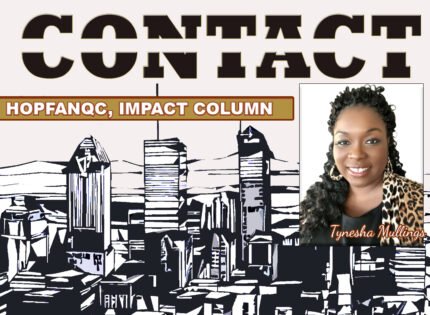The fight for visible minority representation in municipal politics
Egbert Gaye
On Monday, January 18, the hall of the Black Coalition of Quebec (BCQ) was jammed packed with members of the media and the public for a press conference called by Snowdon city councilor Marvin Rotrand announcing his intention to push for more visible minorities in municipal politics.
Rotrand points out that with only six visible minorities among the 208 city councilors on the island of Montreal there’s an urgent need to change the complexion of city hall.
So to push the issue, he has tabled a motion for the January 25, 2016 City Council meeting.
“I want the political parties and the public to be focused on this under-representation of minorities.”
This motion follows one in January 2013 that he tabled with Frantz Benjamin, Montreal’s only Black city councilor, urging the political parties to address the issue.
Benjamin and Alan De Sousa, borough mayor of Ville St. Laurent, who was born in Pakistan, are the only two non-whites at city hall.
Monica Ricourt and Nathalie Pierre-Antoine are the two borough councilors and Errol Johnson in Dollard des Ormeaux and Minh Diem Li Thi in Town of Mount Royal were elected in suburban boroughs.
All six were noticeably absent from the press conference, and one or two question the motivation behind it.
Johnson, who is one of the longest-serving councilors in his Montreal area, says he agrees completely with the premise that minorities are under-represented in municipal politics, but is in strong disagreement with Rotrand’s approach to effect change.
“Sure, Blacks and other minorities are under represented at all levels of politics and that has to change,” Johnson told the Contact. “But that change has to start at the individual and community level.”
“Minorities have to engage themselves in the political process and know how the game is played, and I think their chances (of making inroads) would be greater… Politics is about power and no one is going to give minorities a seat or seats on council. They have to work for it.”
He points to Yolande James, a former provincial government minister in Quebec, who became the first Black woman to be elected to the National Assembly.
“First she educated herself, then she got involved at the riding level and worked hard to support the MNA at the time, and when he was ready to leave he paved the way for her to follow. And Quebec benefitted because she served in several ministerial portfolios.”
Johnson says passing motions in council is one thing, but they mean nothing if there is no concrete action at all level of governments to bring about changes in all sectors of society.
“Even though there has been promises to employ visible minorities in the public sector the numbers continue to be low.”
For his part, Rotrand rolled out the names of dozens of community members and organizations that support his efforts and also outlined the nature of the problem as it is in municipalities across Canada.
Johnson says there’s a lot of work that has to be done on all fronts on the issue of minority representation in politics, but warns that it cannot be turned into a partisan political issue with politicians playing to their bases.














